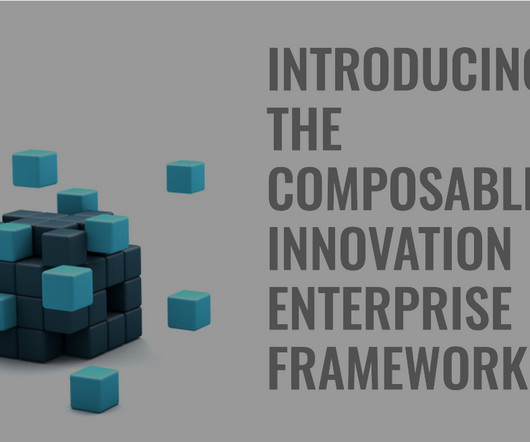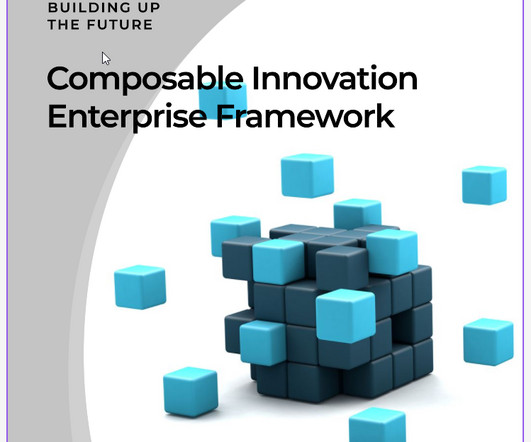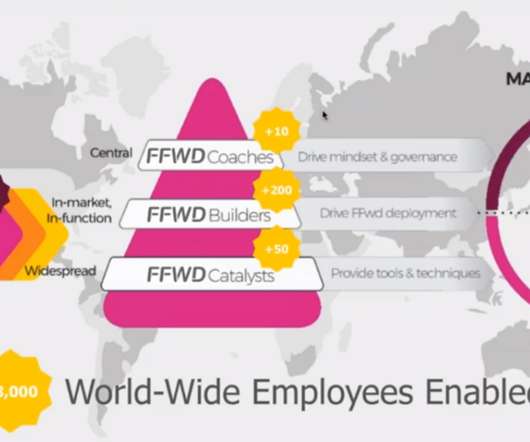Frequently Asked Questions about Design Thinking
InnovationTraining.org
DECEMBER 12, 2022
We used AI to identify the most frequently asked questions about design thinking. Here are your design thinking FAQs and answers. You can also see our “human” responses to the big question: what is design thinking ? Design Thinking Frequently Asked Questions 1.


































Let's personalize your content